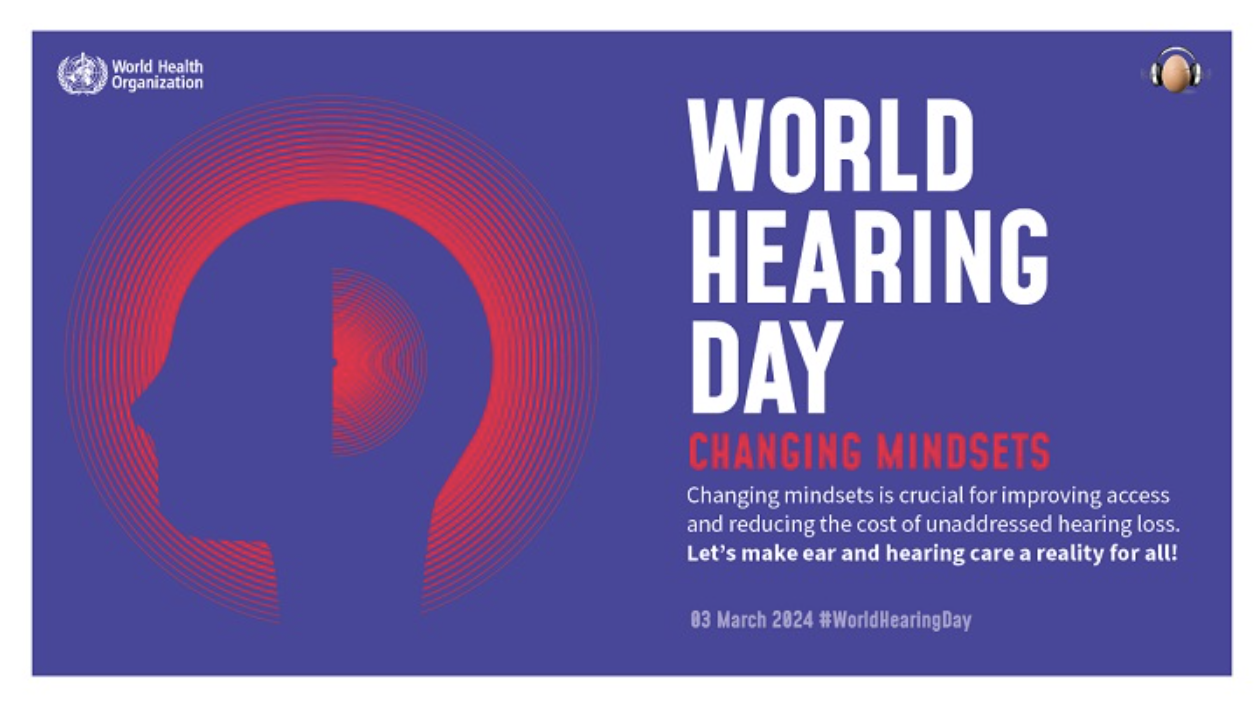
Hearing waves crash for the first time inspires Caribbean native to help others hear
April 27, 2018
Art mirrors reality in film ‘Lacrimosa’ by deaf filmmaker Austin Chapman
May 2, 2018Study: Hearing aids may prevent hospital visits for older adults

A new study by the University of Michigan suggests that hearing aids can prevent more hospital trips for older adults.
The study was published in JAMA Otolaryngology-Head & Neck Surgery. The data the researchers used was from 2013-2014 and showed that “1,336 adults ages 65 to 85 reported having a severe hearing loss.” Of those 1,336 only 45 percent wear a hearing aid.
As the data was studied more in depth, researchers found that the adults wearing a hearing aid were two percent less likely to have gone to the hospital or emergency room last year.
The hospital stays for adults using a hearing aid were shorter than the adults that do not use a hearing aid. It averaged a day shorter for the hearing aid users.
According to the study, “Hearing loss is the third most prevalent chronic condition among older adults and is linked to a wide range of adverse social and medical conditions.”
“Hearing loss is the third most prevalent chronic condition among older adults and is linked to a wide range of adverse social and medical conditions.”
Hypertension and diabetes often come with an increased risk of hearing loss and the study findings did not see these conditions among the older adults with hearing loss. This also may suggest that the hearing aid users live healthier and active lifestyles.
The result of fewer hospital trips may mean less hospital expenses and more money saved on hospital bills.
The findings also found that there are disparities in the hearing aid users. Those with higher incomes and more education were more likely to use a hearing aid then those of a “lower socioeconomic status.”
Other factors to consider
Although the data shows that these adults had fewer hospital visits, there are other factors to consider. Hearing loss is one of the most common conditions for adults over 65, but there are still few insurance options to cover hearing aids.
“The findings, based on self-reported accounts of a single year of health care use, don’t show a cost savings overall for those who have invested in a hearing aid.” Elham Mahmoudi, lead author of the study and a health economist in the family medicine department at the University of Michigan Medical School told Futurity.
Although money is saved on hospital trips, more money is spent on hearing aids and hearing loss care.
Read more: Hearing Aid Costs – Ways to save money in the purchasing process
The results mentioned not only the effects of the costs of hearing aids, but also the costs of hearing loss. The study states that hearing loss “affects indivudal finances as well as heath and well being.”
This means hearing loss affects not only has monetary affects on an indivdual, but also affects their mental health and well being.
Read more: How to overcome some of the emotional and societal costs of hearing loss
The next step for these researchers is to continue to look at the same issue long-term. Starting with examing data over a span of five years. This will help them better understand the correlation between the health hearing aids wearers and hearing aid costs.
Learn more by reading the study here.



